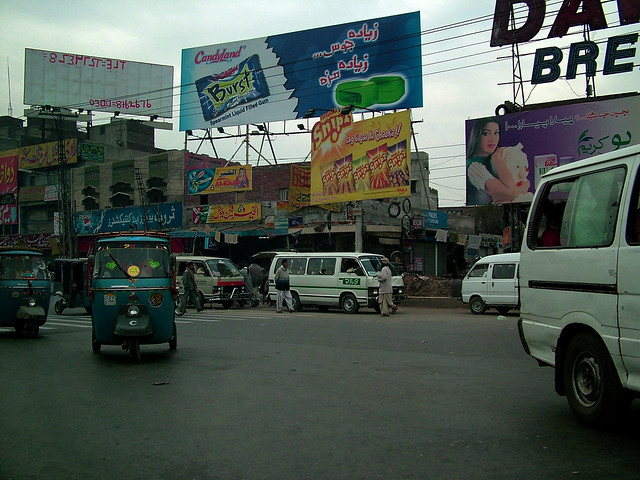The circumstances of the relations of jobs-housing balance
and urban travel behavior are not clear in emerging and developing
countries. There are limited reliable data suitable for testing the
hypotheses regarding the associations of the neighborhood-level number
of employment opportunities in these countries. This manuscript
summarizes the results of an explorative survey undertaken in Lahore,
Pakistan to support empirical analyses testing these hypotheses. The
survey was undertaken in spring 2018 in six neighborhoods of Lahore and
collected the data of 417 respondents. The short questionnaire applied
in the survey facilitated generation of 15 individual and household,
socioeconomic, and mobility-related variables of different types.
Moreover, 9 land use variables as well as jobs-housing ratios were
estimated for each respondent within his/her 600-meter street-network
pedestrian shed. The produced dataset reveals preliminary descriptive
statistics about the relations of employment and travel behavior,
particularly commuting, in a less-studied context of Pakistan. It is
found that a decent job-housing balance at neighborhood scale alone
cannot affect the travel pattern much in the Pakistani context. It needs
to be supplemented with other planning interventions, mainly the
accessibility to an integrated and efficient mass public transportation
system, discouraging private car based policies and promotion of
sustainable non-motorized travel modes. In the future, production of
disaggregate mobility and land use data will add value to urban
transportation research in the Global South.

More papers about urban transportation in Asian cities:
No comments:
Post a Comment